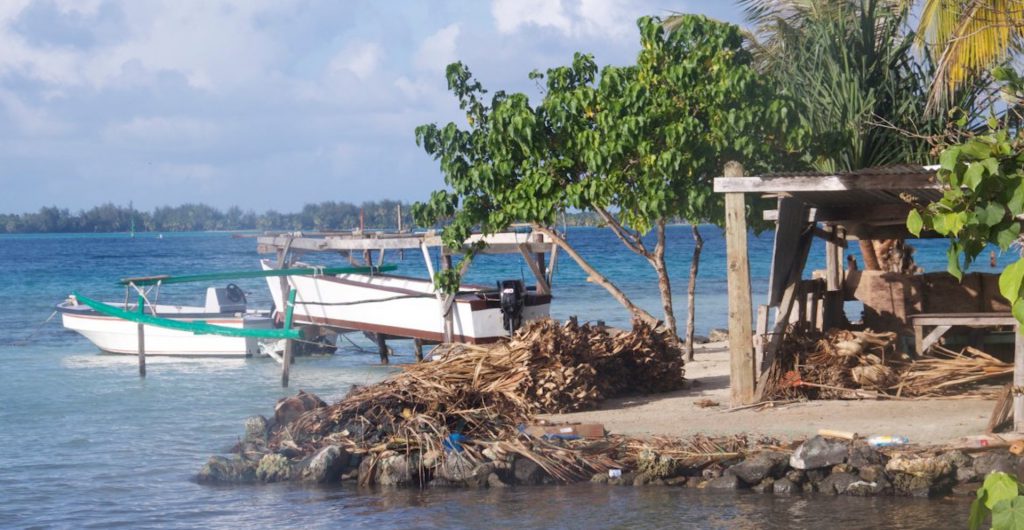Disposable bags: a threat to cetaceans, turtles and seabirds
According to Stéphane Ciccione, director of Kélonia turtles’ care center in Reunion, “almost all the turtles that arrive have plastic in their stomach. People are empowered, but this is only the tip of the iceberg. ” The same goes for the National Office for Hunting and Wildlife in Martinique: if the ban disposable bags sets the problem of plastic waste at source, turtles swallow all sorts of other waste such as balls of nylon thread used by fishermen.
“Even in small pieces, the plastic bag remains indigestible. It is found in microparticles in the stomachs of turtles and fish,” says Mariane Aimar, head teacher of the School of the sea, Guadeloupe. For it would require a regional consultation throughout the Caribbean, to end the bags. “If everyone really stops, can be expected to impact next year.”
French Polynesia and New Caledonia will soon follow suit to fight against plastic
If the ban is enthusiastically welcomed in France and especially in Overseas’ departments where live numbers of animals affected by this scourge, it is not applicable in French Polynesia and New Caledonia where the environment is a local and not national competence. But facing with the extension of the threat on fauna, local authorities should soon enter the ban into force on their territory.
“The bags have a major impact on marine life. We have to find an alternative,” insists Matthew Small, biologist in charge of the clinic turtle Moorea, French Polynesia. “We need to banish the plastic of the oceans.” A need also for Marc Oremus, World Wildlife Fund (WWF) in Noumea. Disposable bags are “a scourge for cetaceans, turtles, birds,” he said, referring to the two beaked whales stranded in the south of the island, bags in the stomach. They also degraded mangroves by trapping in the mangrove roots, emphasizes the Caledoclean environmental association.
In Mayotte, the ban single-use plastic bags took place in 2006. A prefectural anticipated their harmful impact on the environment, particularly on animal species found in the lagoon. It remains in the island that food plastic bags thinner, which will be banned on 1 January 2017 throughout France.



